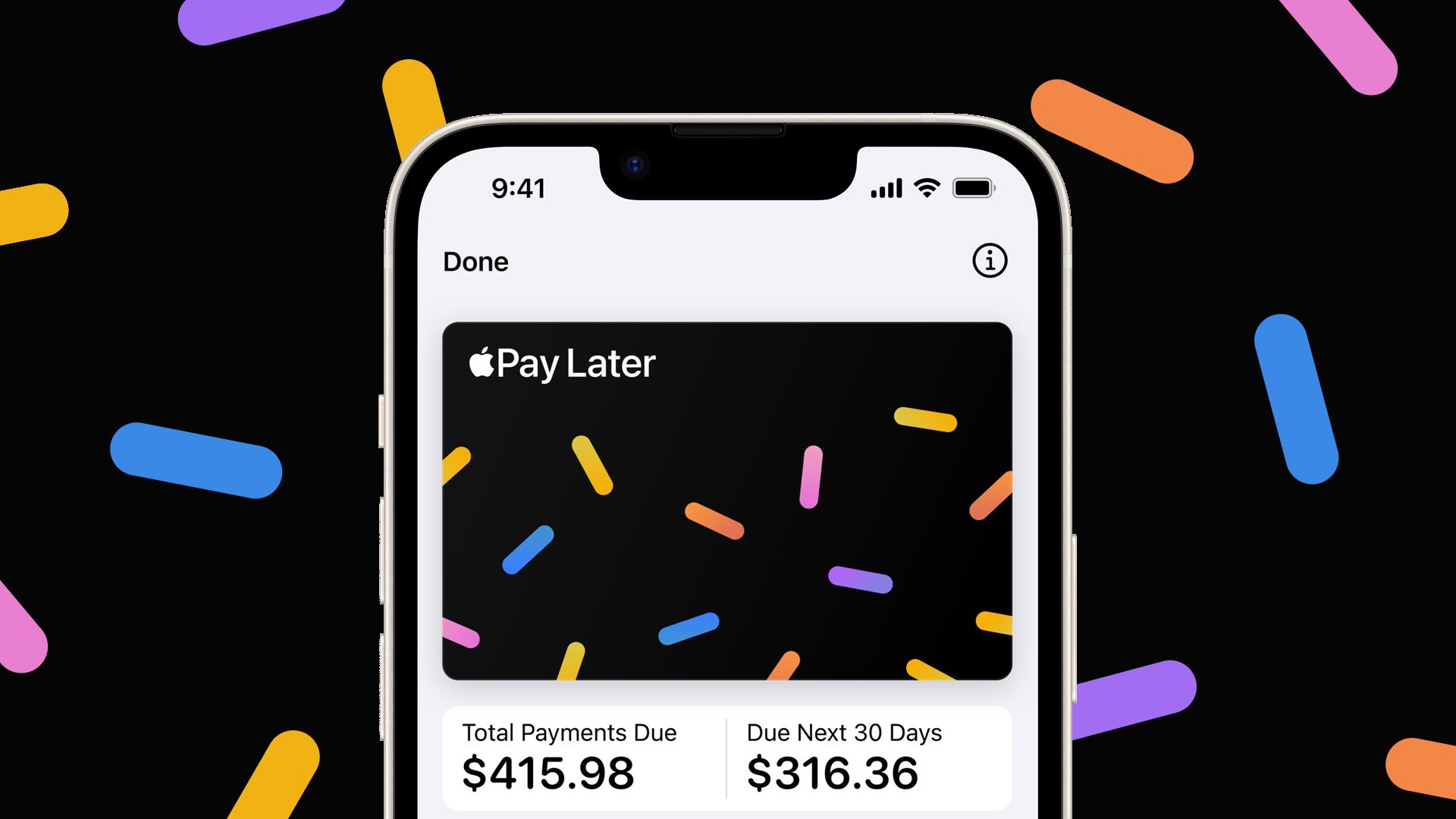Mastering "Later In Spanish": Time, Tasks, And Tech For Your Digital Strategy
In our fast-paced world, time is a precious commodity, and the concept of "later" is constantly on our minds. Whether we're planning a future event, deferring a task, or simply acknowledging the passage of time, understanding "later" is fundamental to effective communication and organization. But what happens when we cross linguistic borders? How do we express "later" in Spanish, and what nuances should we be aware of? This exploration delves into the linguistic intricacies of "later in Spanish" and then connects this temporal concept to the strategic management of tasks, particularly in the dynamic realm of social media.
The journey from the English "later" to its Spanish counterparts is more than a simple word-for-word translation; it's an immersion into context, emphasis, and common usage. Beyond just language, the idea of doing things "later" has profound implications for productivity, especially for individuals and businesses navigating the digital landscape. This article will not only equip you with the linguistic tools to express "later in Spanish" but also reveal how embracing strategic planning for "later" can revolutionize your online presence, leveraging powerful platforms designed for future-focused action.
Table of Contents
- Understanding "Later" in English: A Temporal Concept
- The Journey to "Later in Spanish": Key Translations
- Mastering "Later in Spanish" in Everyday Conversation
- Why "Later" Matters in the Digital Age: Bridging Language and Strategy
- Introducing "Later": The Social Media Management Solution for Your "Later" Tasks
- Maximizing Impact: Later's Role in Influencer Marketing & Brand Growth
- Practical Application: How Later Empowers Your Digital Strategy
- Choosing Your "Later" Path: Subscriptions and Scalability
- Conclusion: Embracing "Later" for Future Success
Understanding "Later" in English: A Temporal Concept
Before we dive into the intricacies of "later in Spanish," it's crucial to firmly grasp the English concept. The word "later" is primarily an adverb that signifies a point in time subsequent to a given moment. It speaks to the future, whether the near future or a more distant one, and implies a delay or a subsequent action. As the provided data states, "The meaning of later is at some time subsequent to a given time, Subsequently, afterward —often used with on." This fundamental understanding forms the bedrock for translating and applying the concept across languages.
"Later" as an Adverb of Time
As an adverb, "later" modifies verbs, adjectives, or other adverbs, indicating when something happens. It's incredibly versatile and can be used in various contexts:
- Referring to a general future time: "I'll call you later."
- Indicating a subsequent event: "We had dinner, and later, we watched a movie."
- In conjunction with "on": "Subsequently, afterward —often used with on." For instance, "I'll get to that later on," which adds a subtle emphasis on the eventual nature of the action.
- In comparisons: "She arrived later than expected."
The simplicity of "later" in English belies its frequent and essential role in daily communication, allowing us to defer, schedule, and sequence events with ease. Its broad applicability makes it a cornerstone of temporal expression.
Common Phrases and Nu

Apple Pay Later explained: Features and benefits

Later

Blog – Lingua Spanish